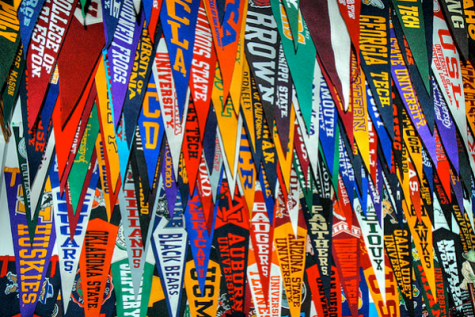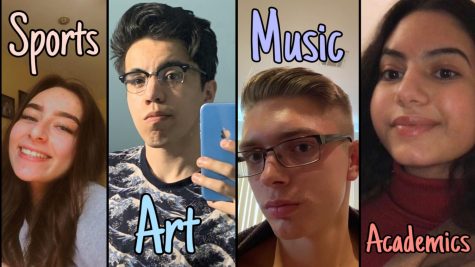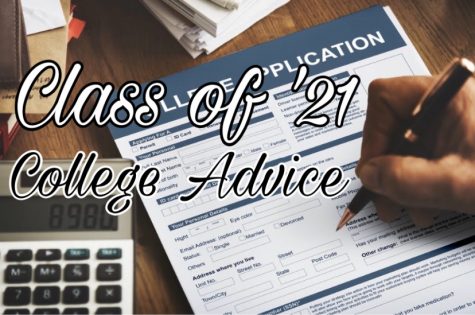Fair Play, Fair Pay
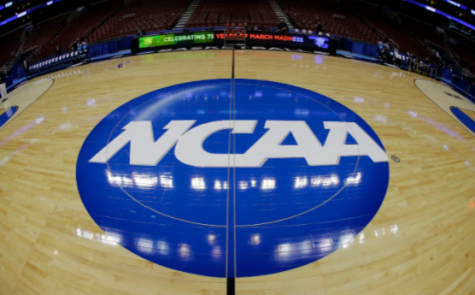 You were just a year away from living out your dream and making millions while doing it –just one more year of doing what you love. It sounded easy enough; then one day, you got hurt and even though you worked as hard as you could to get back, you were never really the same. Now, that dream, that was within arms reach, is gone forever all because you were forced to go through a year of college. This is a reality and a risk that NCAA athletes take every day they lace up their shoes. NCAA sports are some of the most popular spectating programs in the United States, with the viewership of their tournaments even rivaling that of the professional counter part to the specific sport. But the NCAA’s popularity in terms of viewership doesn’t really tell the whole story. The NCAA actually receives plenty of backlash especially from pro athletes who have gone through the collegiate process. They have been criticized a multitude of times for a variety of reasons, the most popular revolving around the controversial regulations the NCAA puts on its athletes, restricting the ways they are allowed to make money.
You were just a year away from living out your dream and making millions while doing it –just one more year of doing what you love. It sounded easy enough; then one day, you got hurt and even though you worked as hard as you could to get back, you were never really the same. Now, that dream, that was within arms reach, is gone forever all because you were forced to go through a year of college. This is a reality and a risk that NCAA athletes take every day they lace up their shoes. NCAA sports are some of the most popular spectating programs in the United States, with the viewership of their tournaments even rivaling that of the professional counter part to the specific sport. But the NCAA’s popularity in terms of viewership doesn’t really tell the whole story. The NCAA actually receives plenty of backlash especially from pro athletes who have gone through the collegiate process. They have been criticized a multitude of times for a variety of reasons, the most popular revolving around the controversial regulations the NCAA puts on its athletes, restricting the ways they are allowed to make money.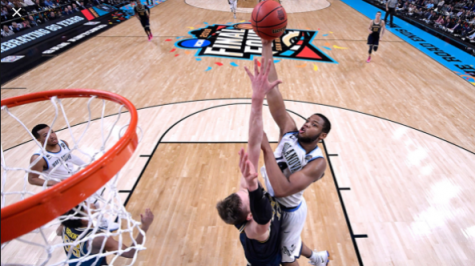
Since the year 1916, about a decade after the NCAA’s inception, the NCAA made it clear that they are not to be confused with professional sports and their athletes are to be classified as “amateur collegiate athletes.” This allows the NCAA to stop their players from earning money off of their image and popularity, since, according to the NCAA, amateur athletes are students that “played their sport purely for the enjoyment and developing their mental, physical, moral, and social skills.” As one can imagine, something like that doesn’t exactly sit well with the athletes who play for the NCAA and their voices have started to be heard around the nation.
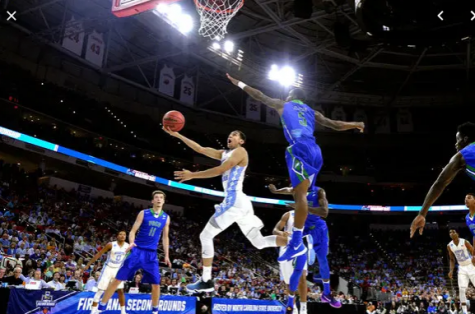 During NBA All-Star LeBron James’ show The Shop, Governor Gavin Newsom signed a bill named the Fair Pay to Play Act, which allows athletes to make money off of their own image and likeness starting in 2023. The NCAA tried its best to keep California from passing the bill by threatening to remove all schools in California from NCAA competition, stating unfair recruiting advantages as a reason, and the NCAA is absolutely correct. It would be absolutely unfair if only the colleges in California could promise high school students endorsement deals and the NCAA has the power to easily fix that problem. They are the ones responsible for that unfair advantage, not California. The NCAA is the one restricting athletes from making money off of themselves when no other college student has that kind of restriction. A painter can make money off of his paintings, a music artist can make money off of a hit song. So why can’t an athlete do the same using his/her talents? California has stepped up for change and set an example and the NCAA better believe that other states will begin to follow. After California’s bill comes into effect in 2023, like the NCAA stated, universities in California will have a major advantage which will incentivize other states to follow suit.
During NBA All-Star LeBron James’ show The Shop, Governor Gavin Newsom signed a bill named the Fair Pay to Play Act, which allows athletes to make money off of their own image and likeness starting in 2023. The NCAA tried its best to keep California from passing the bill by threatening to remove all schools in California from NCAA competition, stating unfair recruiting advantages as a reason, and the NCAA is absolutely correct. It would be absolutely unfair if only the colleges in California could promise high school students endorsement deals and the NCAA has the power to easily fix that problem. They are the ones responsible for that unfair advantage, not California. The NCAA is the one restricting athletes from making money off of themselves when no other college student has that kind of restriction. A painter can make money off of his paintings, a music artist can make money off of a hit song. So why can’t an athlete do the same using his/her talents? California has stepped up for change and set an example and the NCAA better believe that other states will begin to follow. After California’s bill comes into effect in 2023, like the NCAA stated, universities in California will have a major advantage which will incentivize other states to follow suit.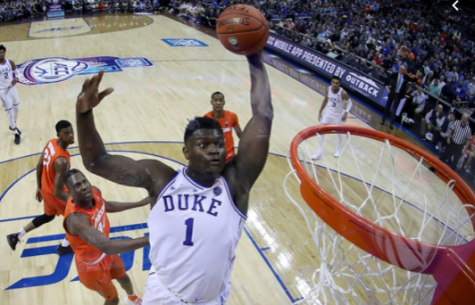
At the end of the day this move will do nothing to effect the NCAA’s already very deep pockets. These people make millions of dollars off of kids who are basically working for free. All that is being asked of them is to allow these students to make money off the field/court to support themselves until they go pro and the NCAA refuses all to protect some label of “amateurism.” Eventually, with or without the NCAA, things will change; it’s up to them whether they want to make that change faster and easier for both parties.
For more information on this topic and other news involving NCAA controversies see the links below:
https://www.latimes.com/california/story/2019-09-11/california-college-athletes-endorsements-bill

Q: Who’s a musical artist you’ve always wanted to meet?
A: It would have to be either Kendrick Lamar or J. Cole. I would actually want to pick their...



